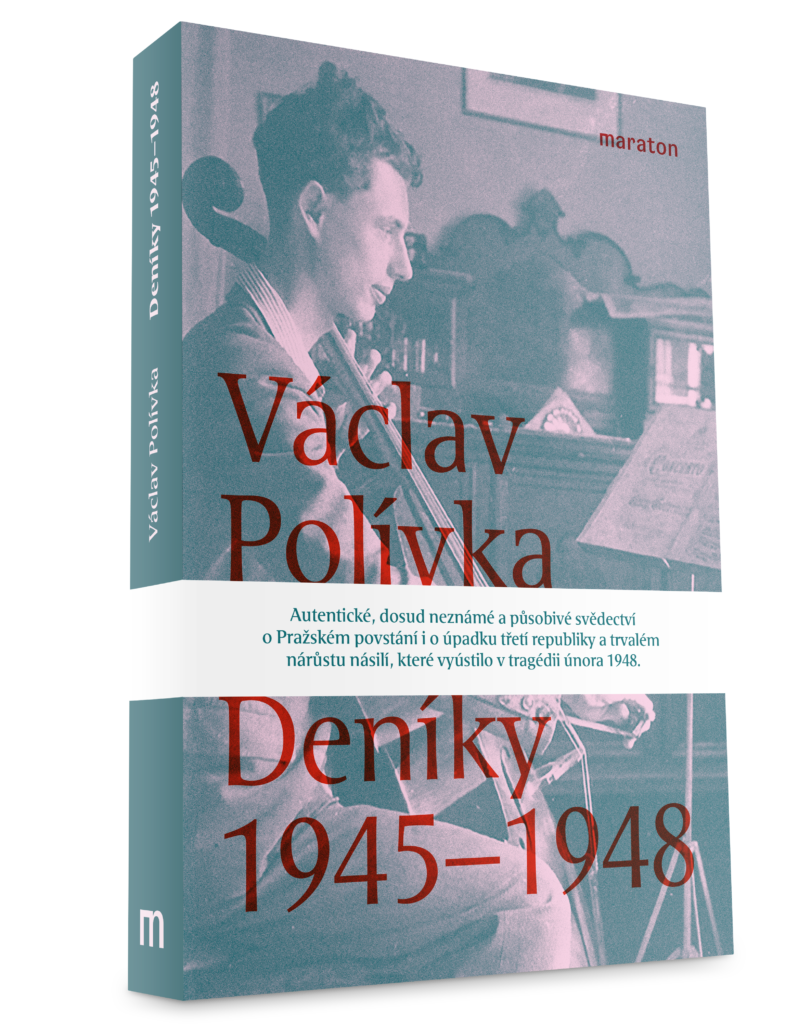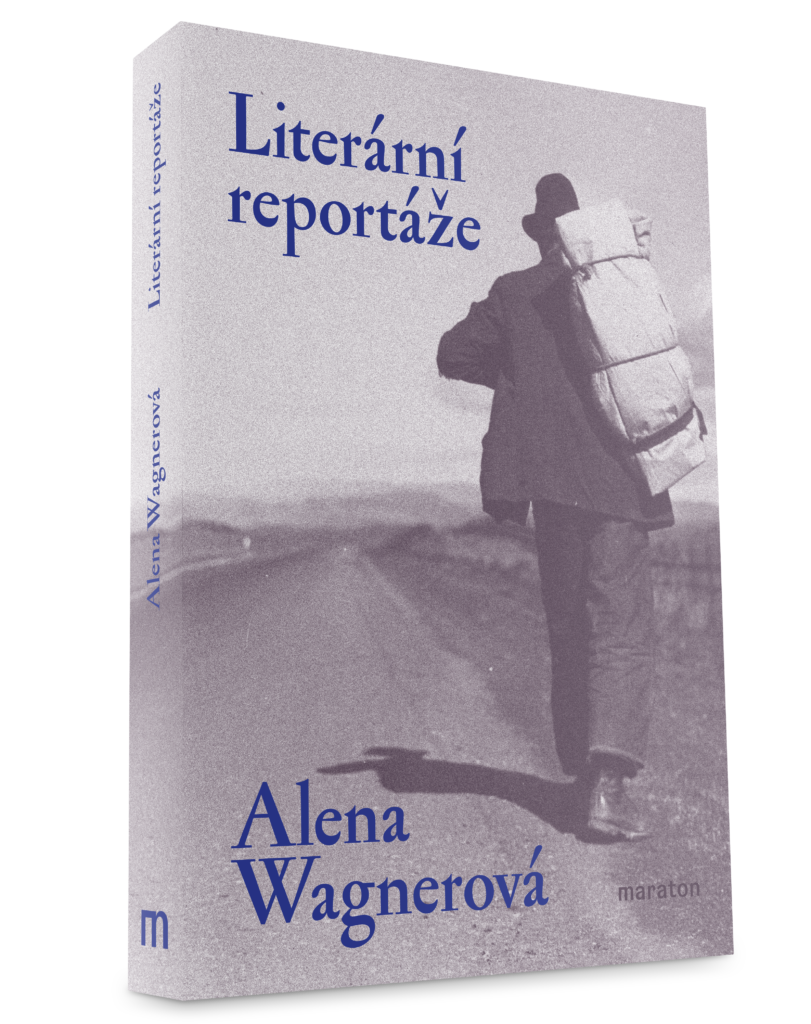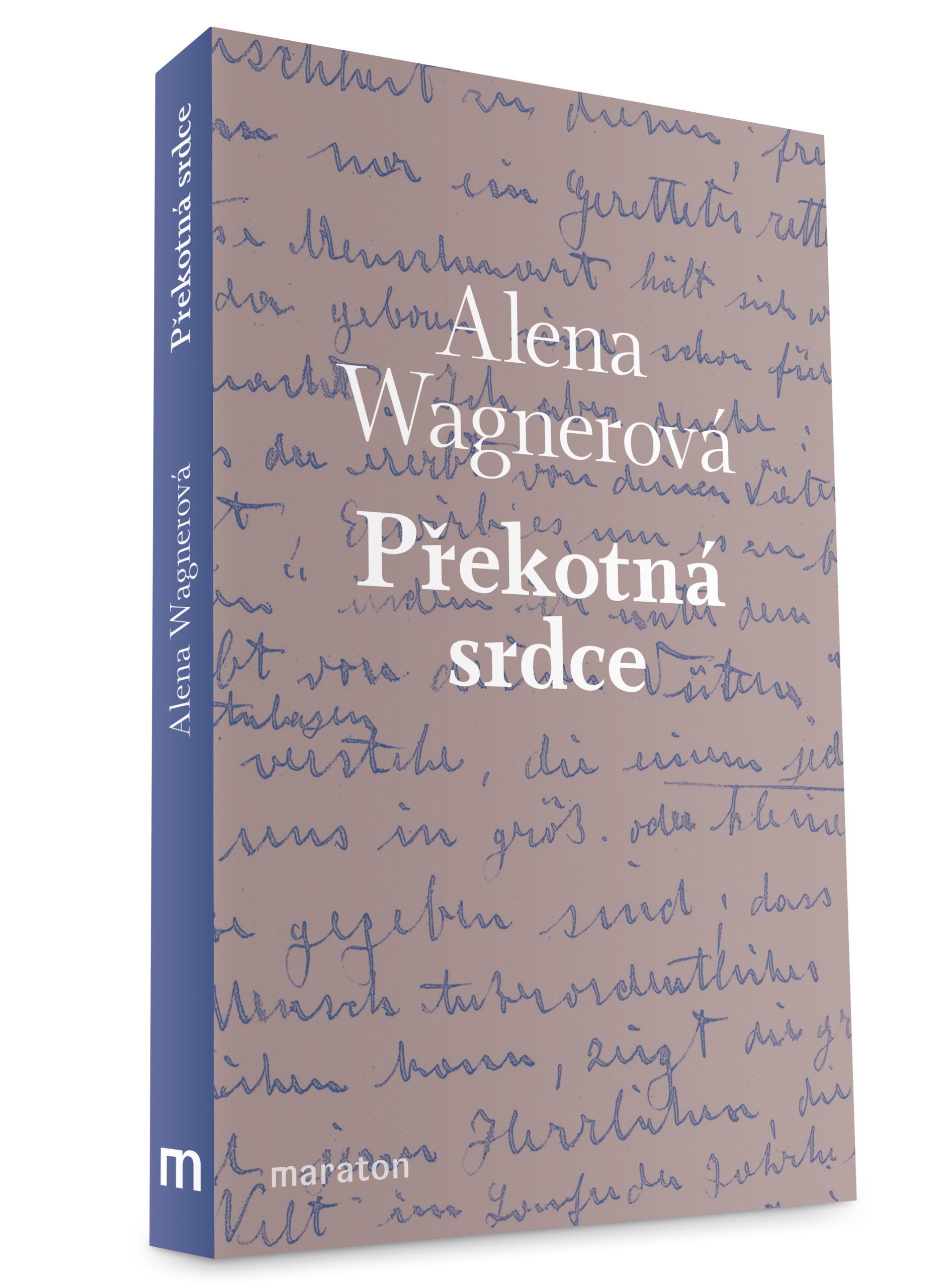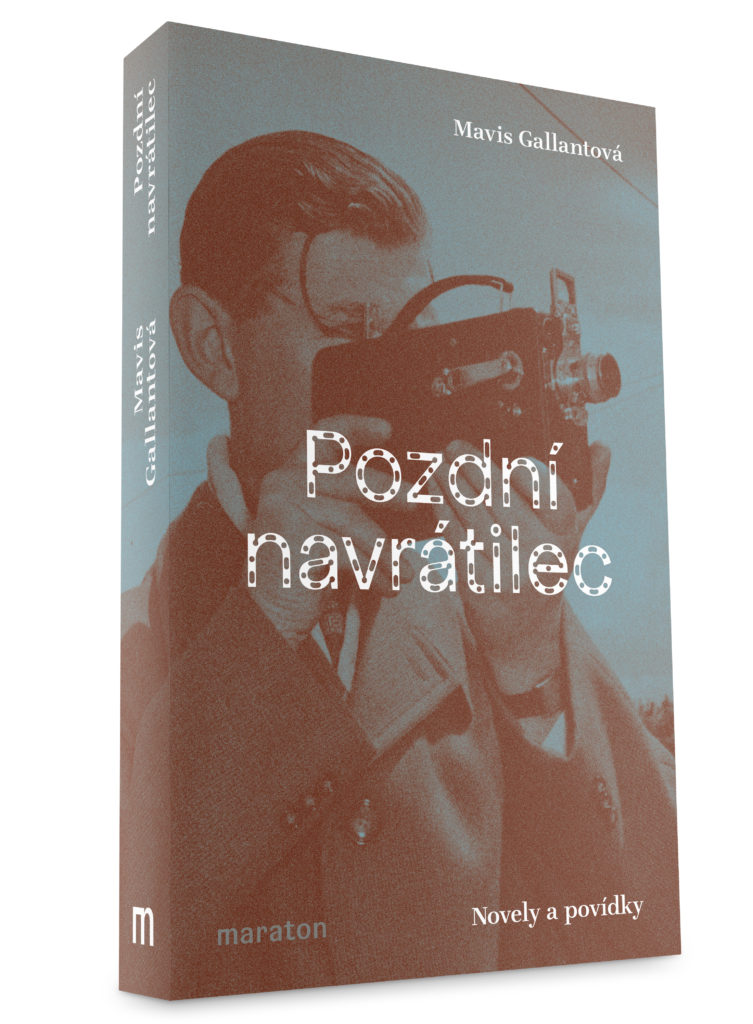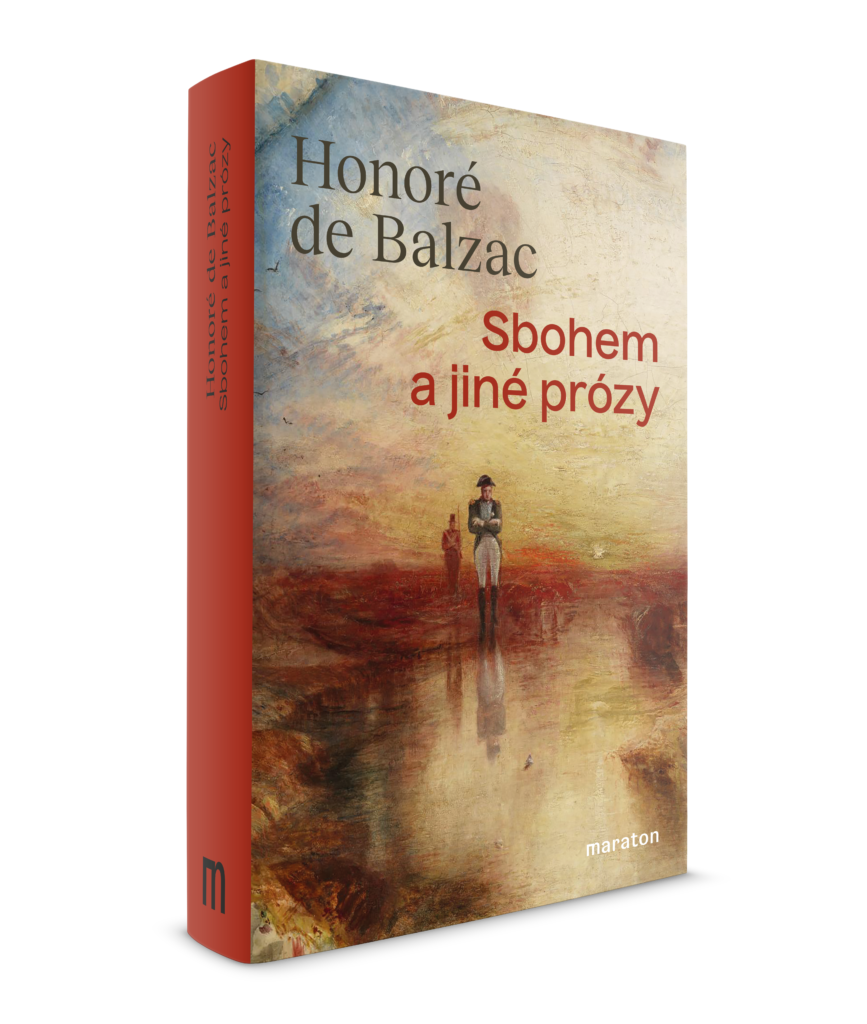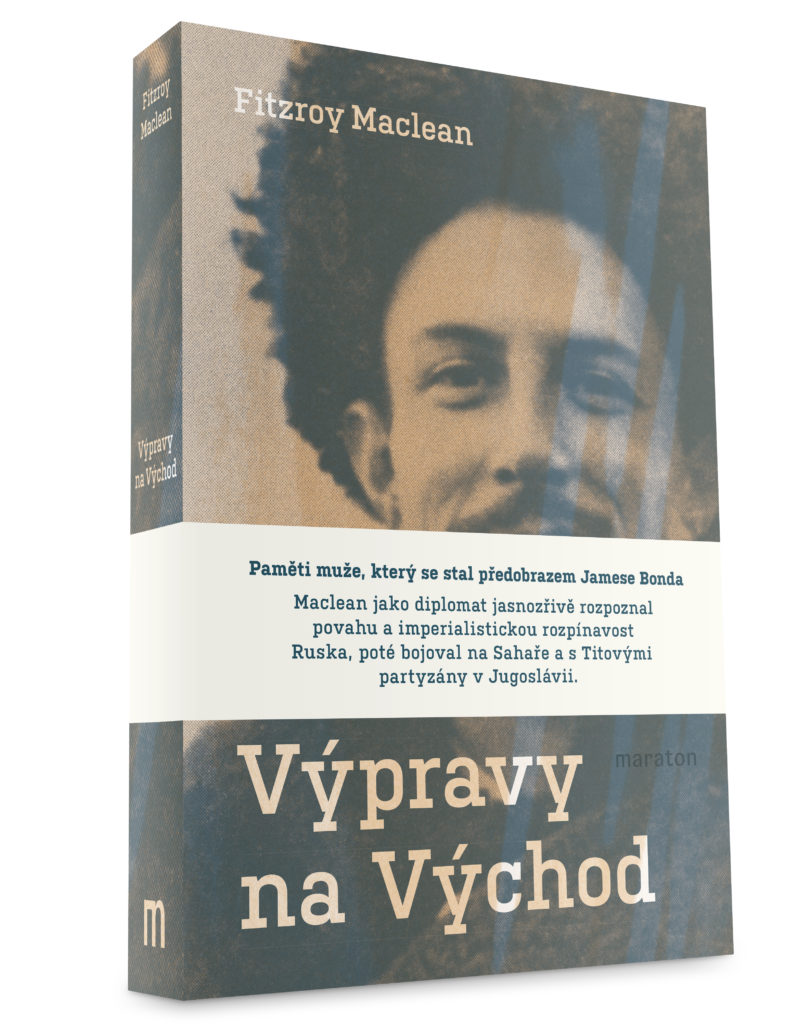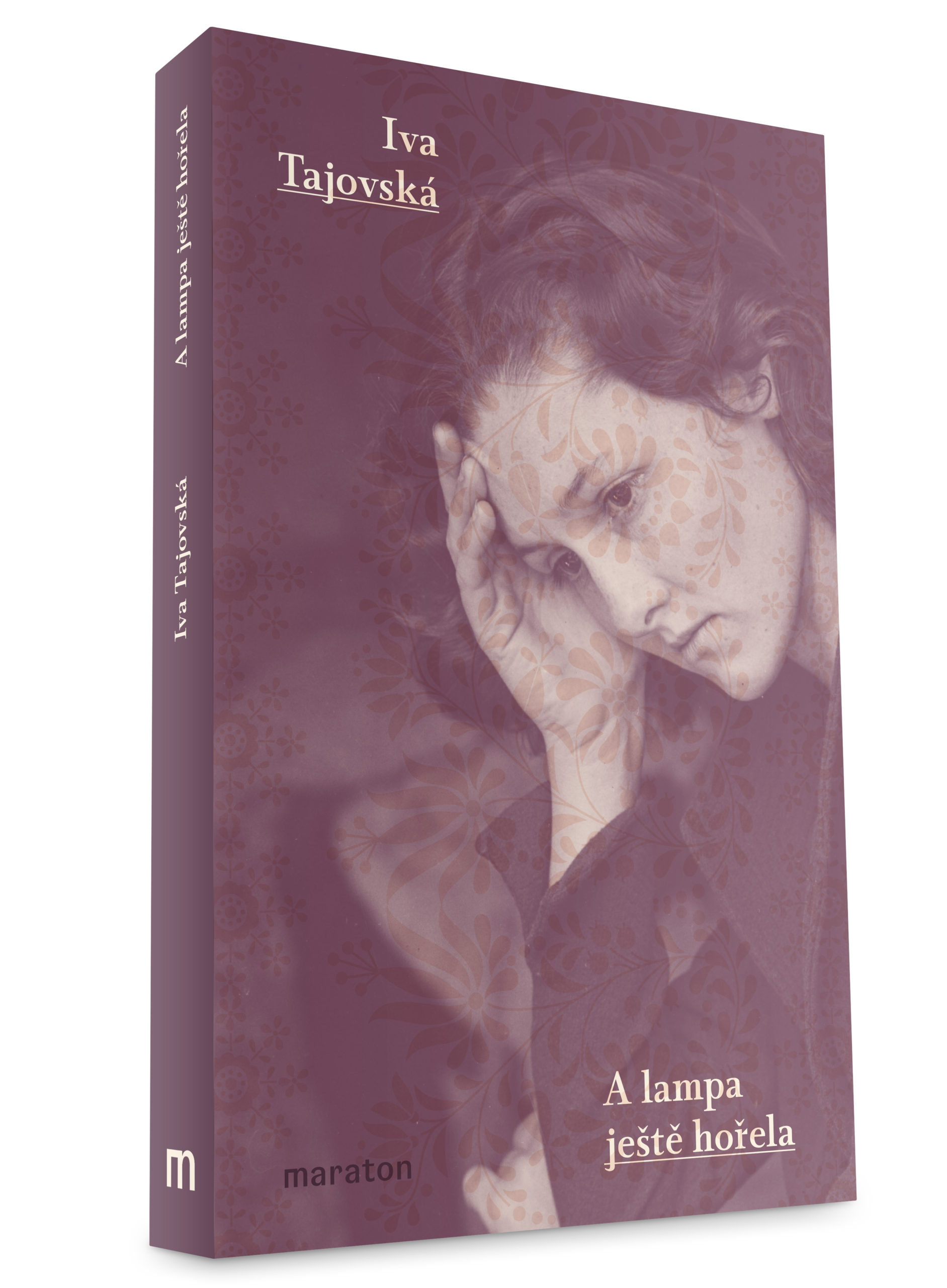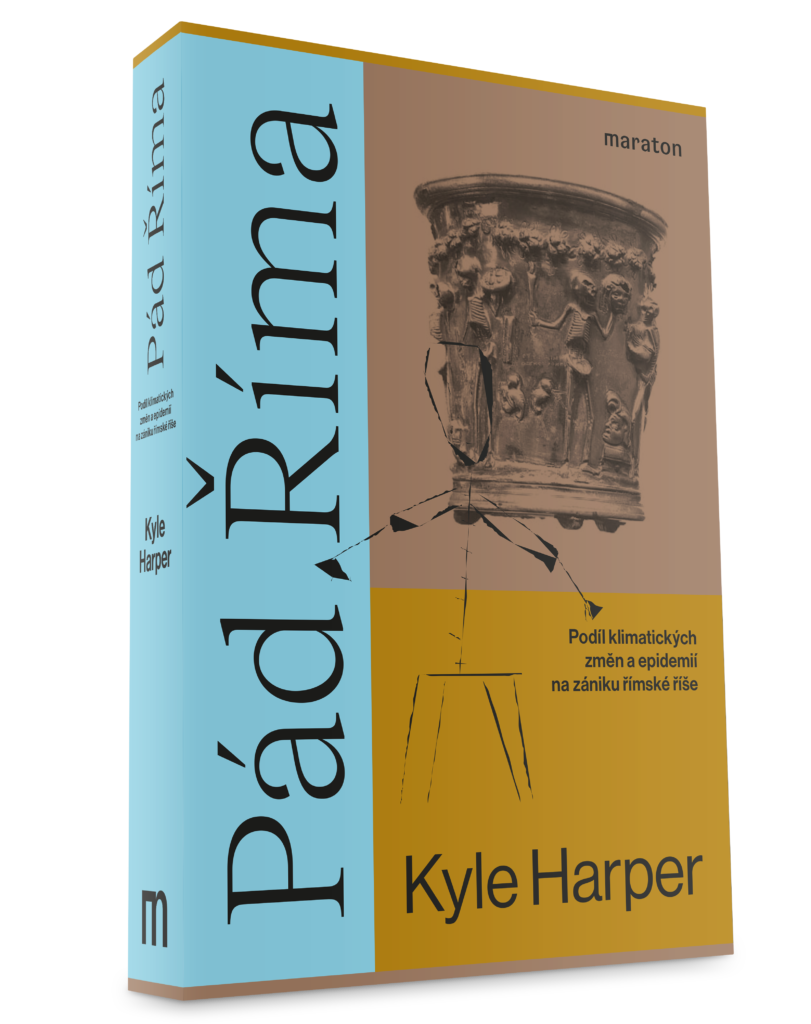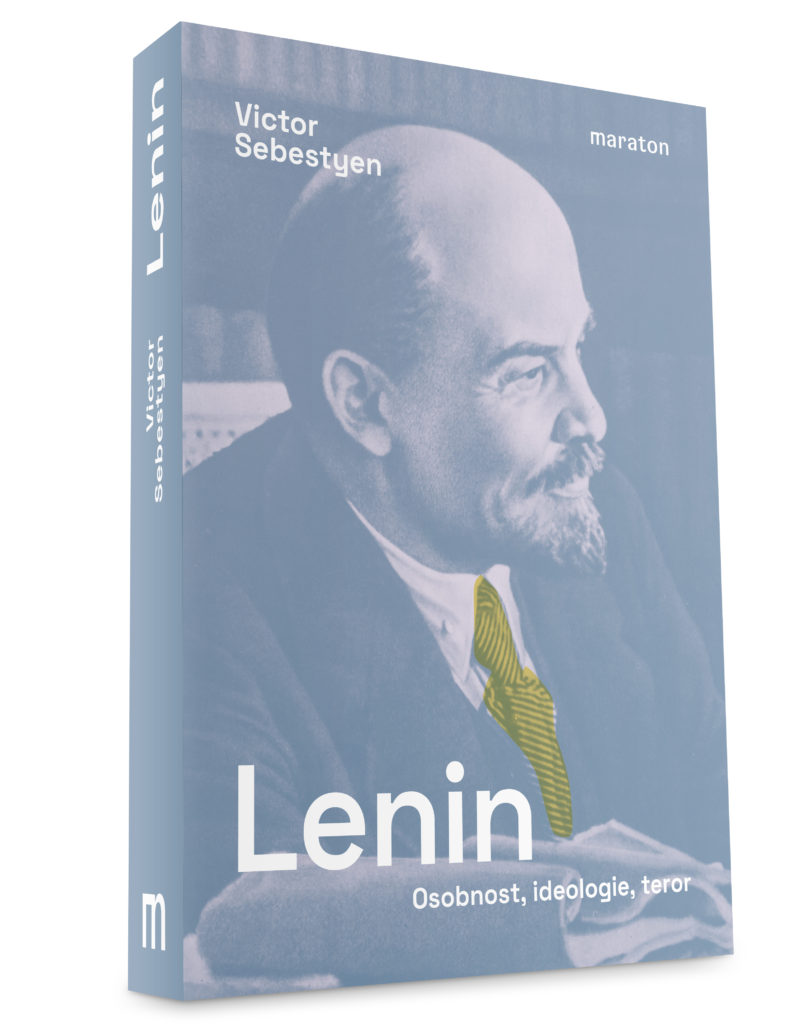Diaries 1945–1948. Václav Polívka (1927-1971) was born into Czechoslovakia’s elite, roughly eight years after the country emerged from the ruins of Austria-Hungary. In the diaries, that were found in an attic in Oslo, Norway in 2012, the young medical student with a strong interest in classical music describes three crucial years for Europe, which, beginning in 1945, was moving from World War with Nazi occupation to Cold War with Communist dictatorship.
Literární reportáže
Literary Reportage. The writer, editor and oral historian Alena Wagnerová has been involved in the significant genre of literary reportage for more than 50 years. The collection selected by the Maraton publishing house comprises the best of her texts written in 1965–2016, i.e. both texts published in magazines in the Czech Republic, Germany and Switzerland, and those that could not be published in the late-1960s Czechoslovakia due to political reasons.
Zbloudění
The Disoriented. One night, a phone rings in Paris. Adam learns that Mourad, once his closest friend, is dying. He quickly throws some clothes in a suitcase and takes the first flight out, to the homeland he fled twenty-five years ago. Exiled in France, Adam has been leading a peaceful life as a respected historian, but back among the milk-white mountains of the East his past soon catches up with him.
Překotná srdce
Hearts Too Fast. In the new prosaic book by Alena Wagnerová the reader is about to meet a range of real historical characters – the Catholic bishop Antonín Podlaha, the writers Karl Kraus and Rainer Maria Rilke, the painter Max Švabinský or the personalities of Johannes and Sidonie Nádherný. Yet it is not a historical novel.
Pozdní navrátilec
Novely a povídky
The Latehomecomer. In this selection of 13 stories which were published in The New Yorker, Gallant shows herself to be one of the century’s most accomplished, and least conventional, writers of short fiction.
Já Tituba, černá čarodějnice ze Salemu
I, Tituba: Black Witch of Salem. This wild and entertaining novel expands on the true story of the West Indian slave Tituba, who was accused of witchcraft in Salem, Massachusetts, arrested in 1692, and forgotten in jail until the general amnesty for witches two years later. Maryse Condé brings Tituba out of historical silence and creates for her a fictional childhood, adolescence, and old age.
Sbohem a jiné prózy
Farewell and Other Stories. Balzac is often remembered as the author who, despite his romantic beginnings, embraced realism and critically portrayed the life and morals of French society in the first half of the 19th century. The collection includes eight of his finest novellas and short stories on a wide range of topics and fully demonstrates the mastery of suspense and revelation that were the hallmarks of Balzac’s genius.
Výpravy na Východ
Eastern Approaches. Sir Fitzroy Maclean’s famous account of his diplomatic and military career between 1937 and 1945 is published in Czech for the first time. Maclean’s adventurous narrative, delivered with unmistakable wit and personal charm, served as one of the models for Fleming’s series of James Bond novels.
A lampa ještě hořela
The Little Lamp Was Burning Still. Oldřiška, the narrator of Iva Tajovská’s new novel, takes us from the beginning of the 20th century through to the summer of 1972 when the demolition of the famous Veselka Hotel in Pardubice symbolically completed her life story. As a result of her troubled family circumstances and her platonic love, she spent her youth and adulthood in loneliness and seclusion, which made her all the more sensitive to the fates of others.
Dějiny a doba postfaktická
Eseje, úvahy, glosy
History and the Post-Factual Age. Essays, Reflections and Commentaries. In his texts Igor Lukeš offers two poles of his perspective—history and politics. He examines the Czech history of the 20th century with its catastrophes and myths, and today’s political problems in the Czech Republic, the United States, Russia and in the world context. He assumes that we can draw lessons from history. History may not repeat itself, but with a sufficiently critical and value-based perspective, we can uncover our own mistakes and preconceptions and find parallels between the present and the past that are not obvious at first glance.
Pád Říma
Podíl klimatických změn a epidemií na zániku římské říše
The Fate of Rome: Climate, Disease, and the End of an Empire. How devastating viruses, pandemics, and other natural catastrophes swept through the far-flung Roman Empire and helped to bring down one of the mightiest civilizations of the ancient world.
Lenin
Osobnost, ideologie, teror
Lenin: The Man, the Dictator, and the Master of Terror. Victor Sebestyen’s book is the first major work in English for nearly two decades on one of the most significant figures of the twentieth century. In Russia to this day Lenin inspires adulation. Everywhere, he continues to fascinate as a man who made history, and who created a new kind of state that would later be imitated by nearly half the countries in the world.

